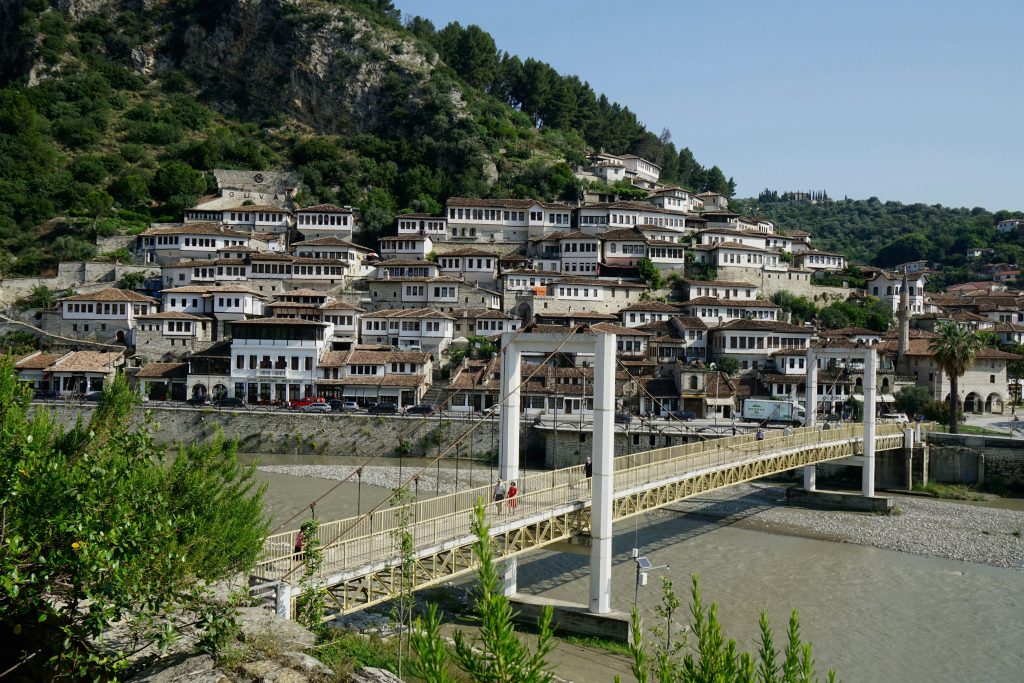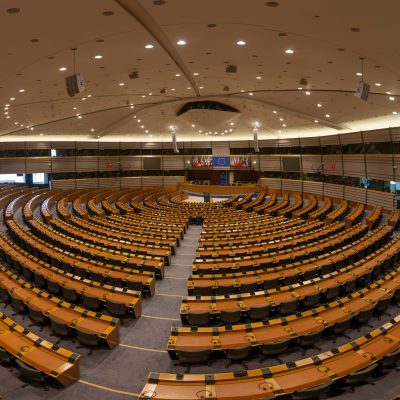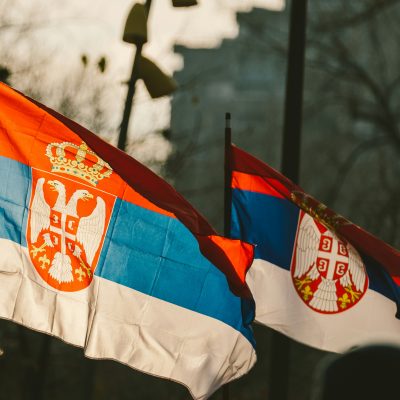Forgiveness and a promise – advocating a more regional approach to the Balkans by the EU

Ten years after Dayton, six years after NATO intervened to put an end to the violence in Kosovo, the wars of Yugoslav succession finally seem to be over. But the Yugoslav succession itself is still in a sense open. On 21 May 2006, a referendum is due to be held in Montenegro on whether or not the country maintains its union with Serbia. The final status of Kosovo has not yet been determined, even though it looks highly likely that it will ratify severing its link with Serbia. The people from the three main faiths in Bosnia-Herzegovina are not yet ready to be reconciled. The proceedings instituted at the tribunal in The Hague against alleged war criminals are far from over. The referendum in Montenegro could trigger a new outbreak of a phenomenon that was recognised and identified by a British journalist 15 years ago. Edward Mortimer called this the destructive magnetism of the Community, signalling that the attraction of the European Union for Slovenia and even for Croatia had led these two republics to regard the rest of the federation as a burden and independence as an opportunity to move closer to the European institutions more rapidly. This same argument will be played out on 21 May in favour of Montenegro’s full independence, given the state of relations between the Union and Belgrade.
The time has come for the European Union, the main political, economic and commercial partner of the western Balkan countries, to assess where things stand. Austria, the current holder of the Council presidency, has always shown a strong interest in Balkan relations. In addition, the process of disintegration which has been going on for the last 15 years is coming to an end. It is hard to imagine other secessions after the determination of the future statuses of Montenegro and Kosovo, although the possibility of Bosnia-Herzegovina, or even of the former Yugoslav Republic of Macedonia, being partitioned cannot be completely ruled out. The Balkanisation of the western Balkans lends itself easily to stereotypes but has probably run its course and its return should correspond to the arrival of a phase of enhanced co-operation, going as far as some forms of integration without it being a matter of returning to the structures of the former Yugoslavia. The question is how to give this move the appropriate form. Centrifugal forces have been given free rein and it is now time to reverse this trend with more centralising forces.




